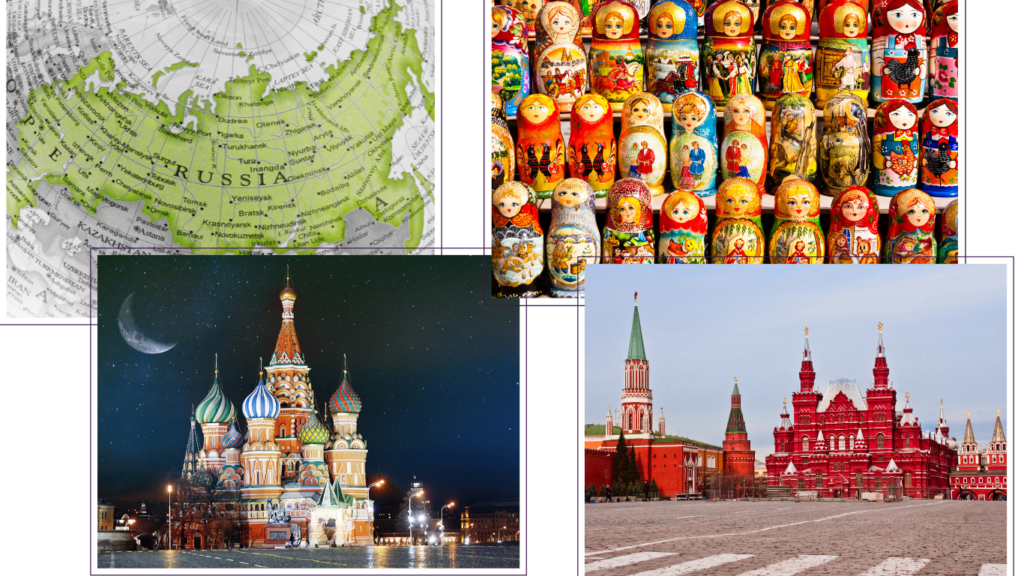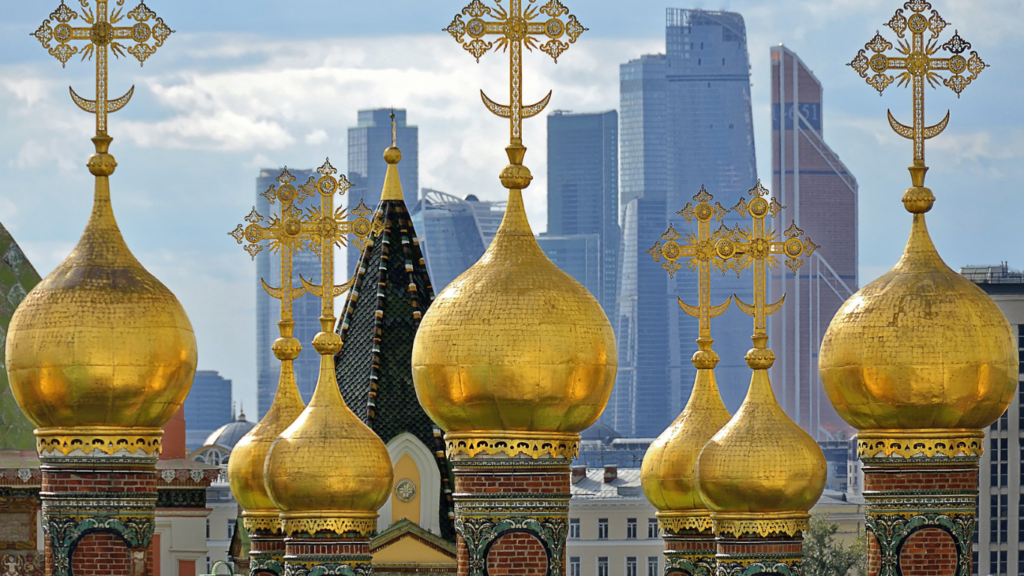Surrogacy Insights
In Russia, surrogacy is legally permitted. A 2022 legislative update refined the regulations, restricting surrogacy services to married heterosexual couples who are Russian citizens, or to a single Russian woman with medical grounds for infertility. Foreigners are prohibited from engaging in surrogacy arrangements within Russian territory.
Surrogacy Legislation in Russia
The legal framework for surrogacy in Russia is delineated within several legislative documents:
- The Federal Law on Protection of Citizen’s Health (section 55, 2011) outlines surrogacy provisions,
- Parentage matters are governed by the Family Code (1995),
- Birth registrations are administered under the Federal Law on the Acts of Civil Status (1997).
- Additionally, the Ministry of Health Order from August 13th, 2012 (#107h) specifically addresses surrogacy regulations.
Although formally recognized in 2012, surrogacy has been practiced in Russia for many years, with some agencies commencing operations as early as 2003.
Surrogacy in Russia
Key provisions of surrogacy in Russia include:
- Surrogates must be aged between 20 and 35, have a child of their own, and enter into a contract voluntarily.
- Surrogates cannot be biologically related to the child.
- Compensation for surrogacy services is permissible.
- In a 2017 ruling, the Supreme Court decreed that a surrogate cannot withhold consent and retain custody of the child.
- No biological connection to the child is mandated.
- The names of the intended parents are recorded on the birth certificate. For a single woman, only her name is listed.
- The intended mother must provide medical evidence of her inability to carry a child.
- Birth certificates are issued within three days following the birth.

Future Legal Developments
- At present, there is no available information regarding any forthcoming legislation.



